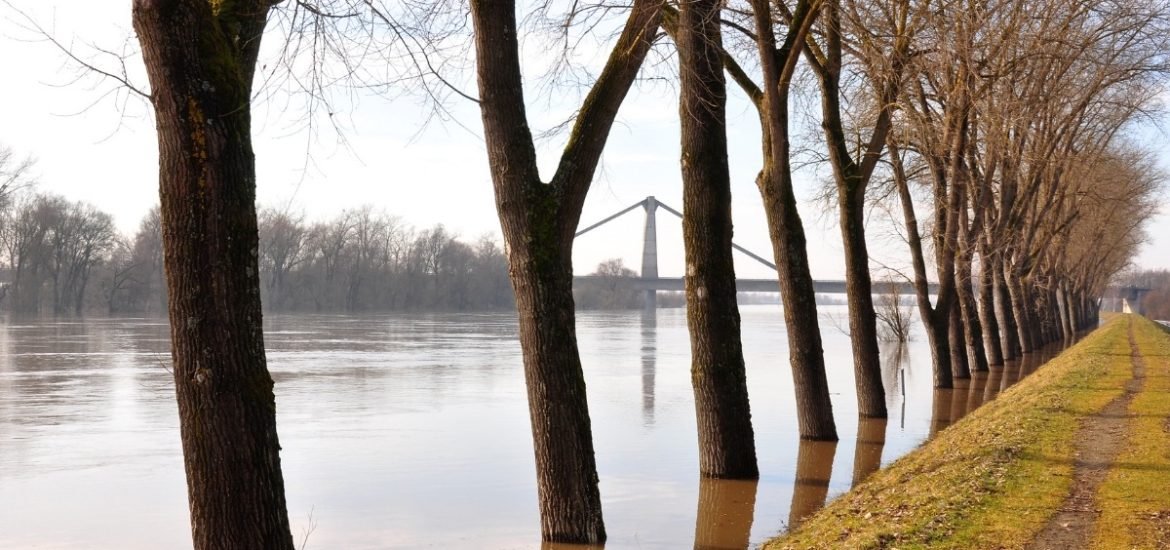
Climate-driven changes in river flooding are already happening across Europe, according to a new paper published on 28 August in Nature (1). The study identified clear patterns, both increases and decreases, but this varied across regions. Overall, there have been increases in flooding of around 11 per cent per decade and decreases of up to 33 per cent across the different regions in Europe.
River floods are among the most costly natural hazards, the authors write. Overflowing rivers can cause devastating damage can result in huge economic losses — annual damage caused by river floods is estimated at over 100 billion dollars, globally — as well as the loss of lives, livelihoods, and homes. A warmer atmosphere can hold more water, which means the magnitude of river flooding will only increase in a warming world.
But to date, researchers have been unable to observe continental-scale changes in river flooding in Europe owing to limited data and inconsistent spacial coverage by hydrometric stations. Now, an international team of researchers, including 35 research groups and led by flood expert Prof Günter Blöschl from the Vienna University of Technology (TU Wien) in Austria, has put together the most comprehensive database of European flooding yet. And clear patterns of river flood discharges consistent with the changing climate were identified across different regions over the past 50 years.
To come up with these conclusions, Blöschl and colleagues analysed data from 3,738 flood measurement stations in Europe collected between 1960 and 2010. And their findings suggest that changes in the magnitude of flood events observed in recent decades can, indeed, be attributed to climate change.
In northwestern Europe, a rise in autumn and winter rainfall resulted are increasing river flooding; Whereas, many parts of Southern Europe instead experience less precipitation and increased evaporation leading to drier conditions in large areas; Meanwhile, warmer temperatures in Eastern Europe are increasing snowmelt and decreased snowfall, resulting in less flooding.
As the new study highlights, changes in river flooding owing to climate change are already happening, “supporting calls for the consideration of climate change in flood risk management.”
“We already knew from our previous research that climate change is shifting the timing of floods within a year,” says Blöschl. “But the key question is: Does climate change also control the magnitude of flood events? So far, the available data had not been sufficient to ascertain whether this is the case or not. We have now examined this question in great detail and can say with confidence: Yes, the influence of climate change is clear.”
“Processes differ across Europe — but the regional patterns all correspond well with predicted climate change impacts,” Blöschl adds. “This shows us that we are already in the midst of climate change.”
Patterns observed in the study are relatively consistent with climate model projections for the next century. Thus, we will likely see even more dramatic changes in the coming decades, necessitating new strategies, particularly, when it comes to food management, that account for the climate-induced changes in flood risk.
(1) Blöschl et al. Changing climate both increases and decreases European river floods. Nature (2019). DOI: 10.1038/s41586-019-1495-6